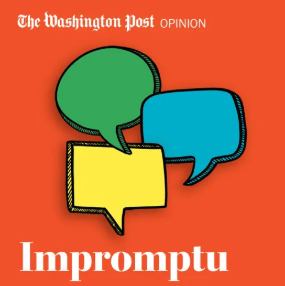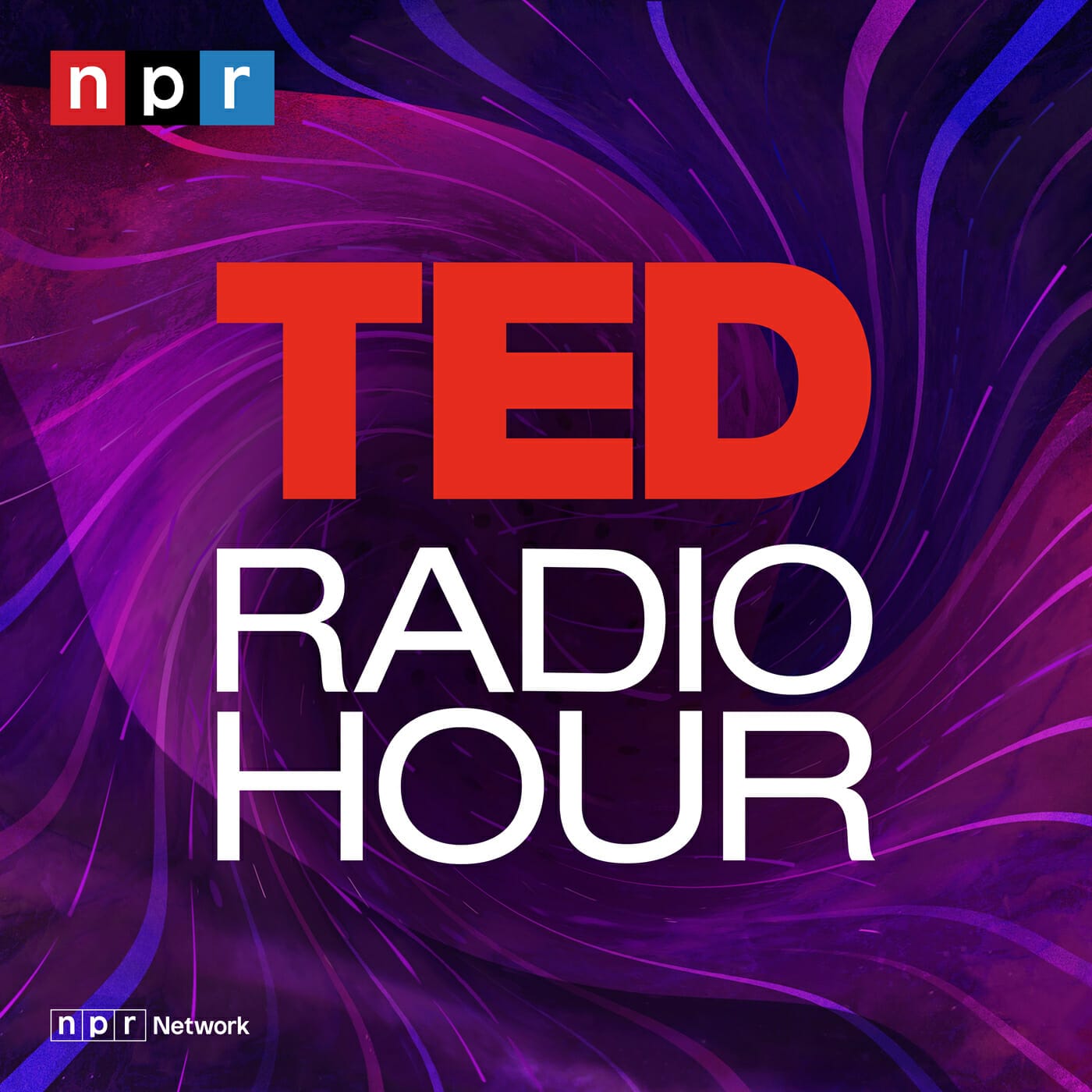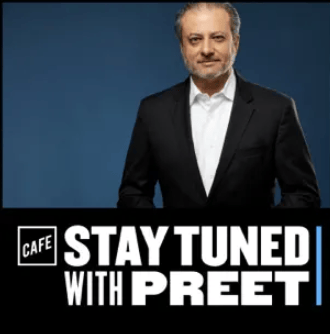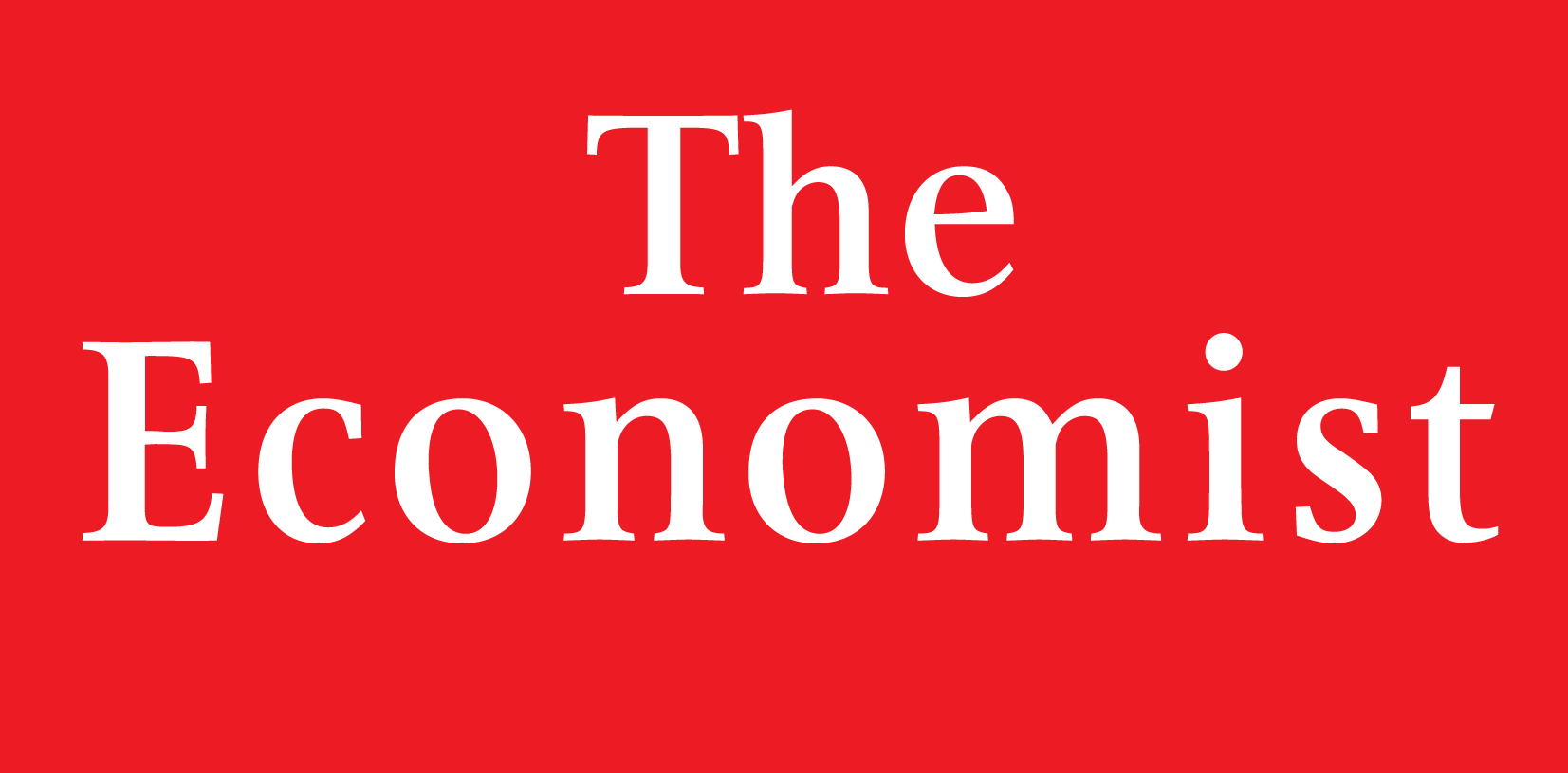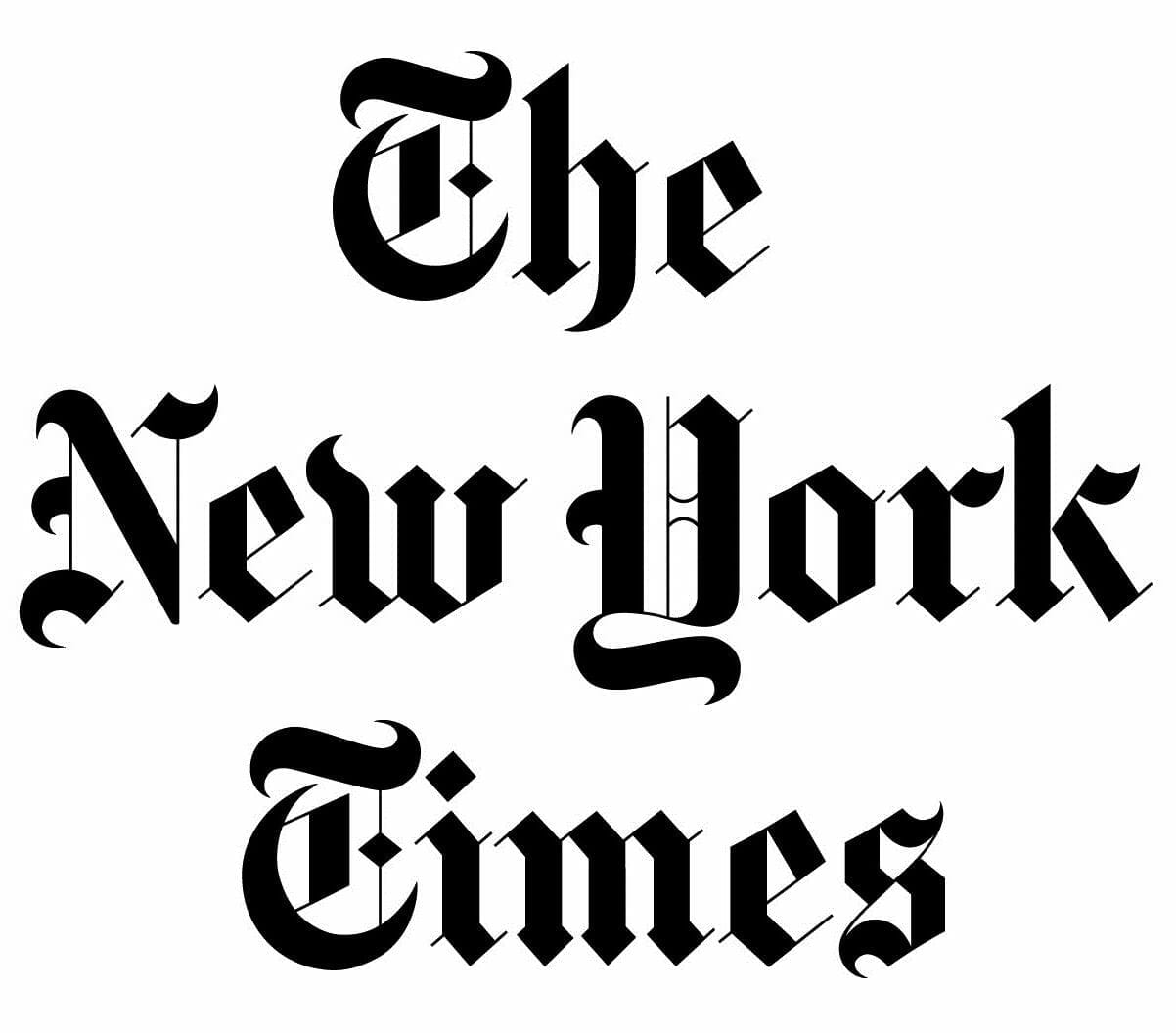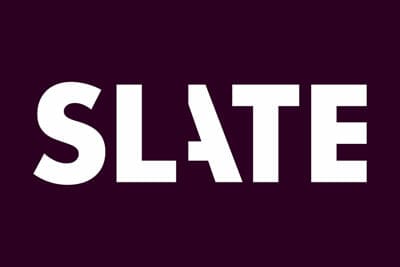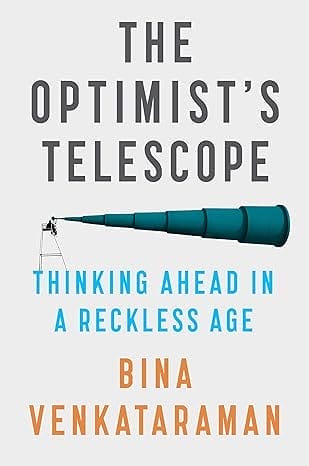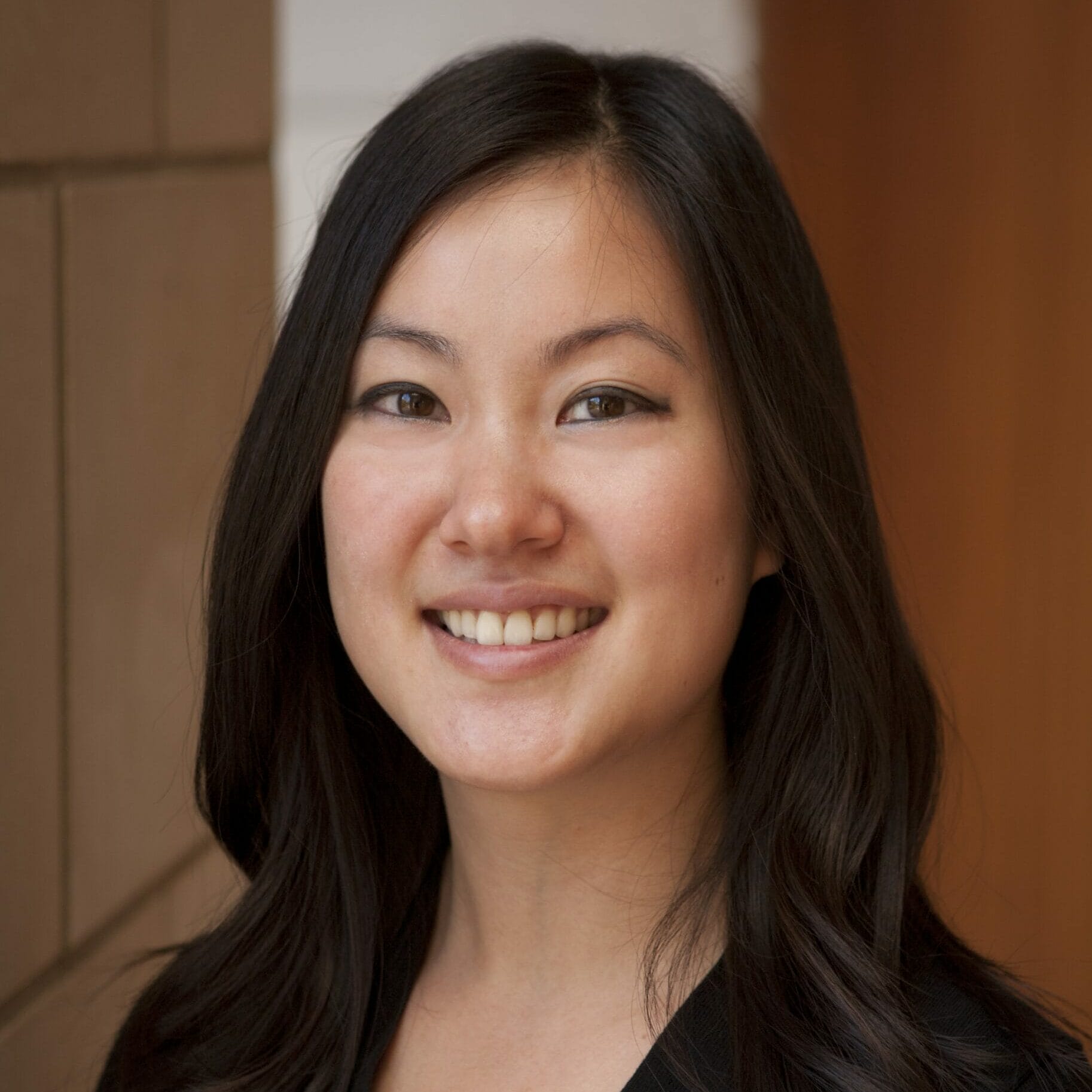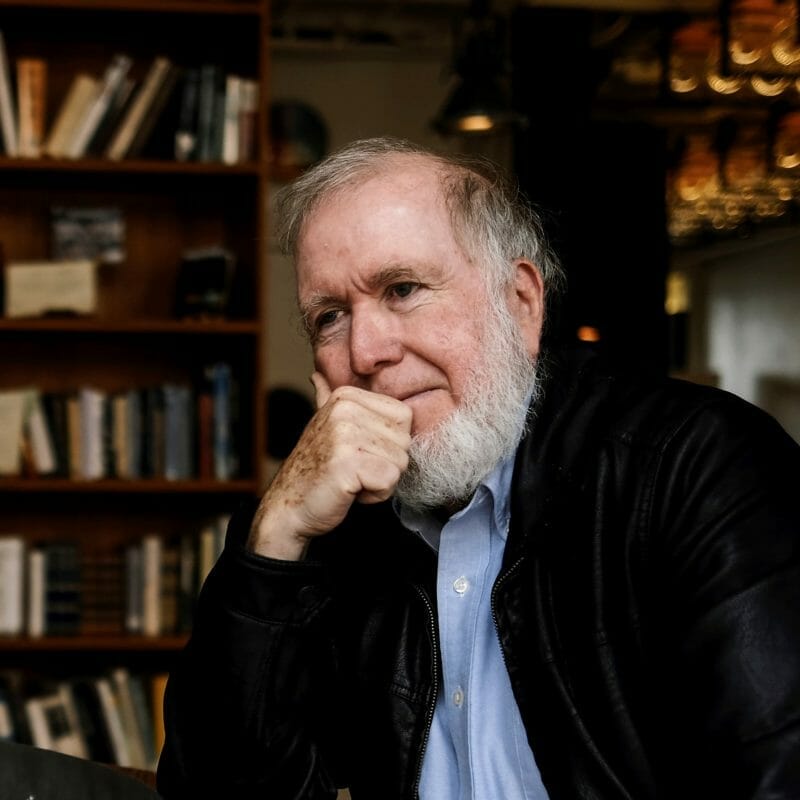Videos
Learn More About Bina Venkataraman
Amid so much rapid-fire change – from emerging technologies to shifting geopolitics and fast-moving cultural trends – leaders today struggle to keep up and often turn their focus to just getting through the next day or week. That makes it hard for organizations and communities to make the bold plans and investments they must make today to ensure their future success.
According to author, journalist, emcee and innovation expert Bina Venkataraman (BEE-na Ven-kah-TRA-men), leaders need more support than ever to imagine future possibilities and make smart plans to achieve them.
“People have an innate capacity to both imagine the future and plan for it, but many leaders today feel they can only see far enough ahead to focus on near-term results,” Venkataraman explains. “Leaders equipped with the right tools, however, can better anticipate the future and adapt their metrics and organizational cultures to be ahead of the game on opportunities, avoiding future threats.”
Driven by curiosity, keen observation and the desire to stimulate lively and productive debates, Venkataraman is a leading thinker and a tracker of emerging trends in technology, medicine, science, culture and politics. She was until recently The Washington Post’s first “columnist of the future,” formerly served as editorial page editor for The Boston Globe, and was a senior advisor for climate change innovation to the Obama White House. This multidisciplinary background allows Venkataraman to provide leaders with practical tools for imagining the future and forging strategies that are future-proof. She is also a dynamic emcee of live events in venues around the world and on broadcast, having served as a key anchor of The Washington Post’s global events.
A Lively Emcee and Moderator Across Topics
A lively moderator and emcee of fireside chats, symposia, panels and festivals around the world – from SXSW and Davos to the United Nations General Assembly the Aspen Ideas Festival – Venkataraman brings exceptional rigor, humor, clarity and vibrancy to live events on a wide range of topics in tech, business, culture, the arts, science and politics.
She frames the compelling questions that generate sparks on stage, extracts sharp insights and gems of wisdom from experts of all walks of life, and makes connections between what is happening in the room and what is setting the global political, economic and cultural agenda. Venkataraman helps ensure all manner of talks and gatherings are timely and vibrant, while sparking and facilitating smart conversations and connections between leaders within organizations and across sectors.
A Guide for Building a Strategy amid Uncertainty
Author of “The Optimist’s Telescope: Thinking Ahead in a Reckless Age” (Riverhead Books, 2019), which was recognized by both The Financial Times and NPR as one of the year’s best books, Venkataraman points to pragmatic optimism and strategies of long-term thinkers as a way for leaders today to get ahead of global problems, from pandemics to financial bubbles.
As seen in her powerful TED Talk, which has garnered more than 2.5 million views, her accessible tactics and strategies equip business, community and political leaders as well as everyday people to think ahead. Venkataraman’s frameworks reveal the ingredients for facing the future without fear, equipping leaders to focus on and plan for strategic wins amid technological change and geopolitical volatility – while keeping their mojo amid short-term headwinds.
“Optimism shouldn’t be confused with naïveté,” explains Venkataraman, former director of global policy initiatives at the Broad Institute of MIT and Harvard. “It’s a necessary and practical approach to changing the world for the better by imagining a different future and acting on it.”
How to Make Wise AI Investments
Venkataraman’s ability to envision a wide range of outcomes from technological trends allows her to steer organizations to get the best out of tools such as artificial intelligence, and to forge AI-proof business strategies, instead of taking a haphazard path that could leave them vulnerable to future threats.
While many leaders may be tempted by business strategies solely focused on the immediate cost-cutting applications of AI, Venkataraman underscores how long-term thinking exercises can help leaders make wiser decisions that allow their communities and organizations to thrive over time, not just in the near-term. She has written and spoken extensively on the implications of AI for treating disease and discovering new sources of energy, and its impact on how we live, work, age – and even what happens after we die.
“It’s important to think about how and when we use AI so it can strategically position the organizations we lead for success, and so that it complements, rather than impairs, human judgment,” explains Venkataraman, an MIT Program in Science, Technology, and Society research affiliate. “We need to imagine different scenarios for society, and make strategic plans that take into account the possible trajectories of AI and other emerging technologies so that neither we nor what we care about becomes obsolete.”
###
Bina Venkataraman is an American journalist, author, science policy expert, a former columnist and editor-at-large for strategy and innovation at The Washington Post. From 2019 to 2022, she served as editorial page editor of The Boston Globe, the youngest in its 150-year history, overseeing the organization’s opinion coverage and editorial board during two presidential impeachment trials, the 2020 election, the Covid-19 pandemic, the death of George Floyd, the Capitol insurrection, and Boston’s historic 2021 mayoral election. During her tenure, the Globe had two Pulitzer finalists for editorial writing. She is the author of “The Optimist’s Telescope: Thinking Ahead in a Reckless Age.”
Venkataraman formerly served in the Obama White House as senior advisor for climate change innovation and shaped U.S. science and technology policy, including disease outbreak response, as the former director of Global Policy Initiatives at the Broad Institute of MIT and Harvard and as a policy advisor to PCAST under President Obama. Since 2011, she has taught in the Program in Science, Technology, and Society at MIT. She has served on numerous boards including the President’s Leadership Council at Brown University, and she currently serves on the advisory board of Harvard’s Shorenstein Center on the Media, Politics, and Public Policy and on the MIT Corporation’s Visiting Committee on the Humanities.
Venkataraman is a frequent public speaker whose appearances have included the TED mainstage, NPR, Aspen Ideas, CNN, MSNBC and university campuses around the world, including delivering the 2021 Commencement address at the University of Southern California.
Venkataraman is an alumna of Brown University and Harvard’s Kennedy School. She received an honorary doctorate from USC in 2022, a New America National Fellowship, a Fulbright scholarship, a Princeton in Asia fellowship, a Metcalf fellowship, and a James Reston fellowship at The New York Times. She was named a Global Young Leader by the French-American Foundation in 2015 and a US-Japan Leadership Program delegate in 2023.
Bina Venkataraman is available to advise your organization via virtual and in-person consulting meetings, interactive workshops and customized keynotes through the exclusive representation of Stern Speakers & Advisors, a division of Stern Strategy Group®.
A Guide to Thinking Ahead Like an Optimist
How can we change our thinking now to achieve a better future? According to journalist, author and former science policy advisor Bina Venkataraman, positive future outcomes start with thinking like a pragmatic optimist. In this eye-opening presentation, she draws on her acclaimed book “The Optimist’s Telescope” to reveal how best to imagine a future that’s different from the present and to make smart investments toward achieving that future. She provides a practical framework for thinking long-term, including the nuances of how to look ahead with optimism in today’s fraught and uncertain world. Attendees will be able to constructively apply optimistic long-term thinking in their business settings, building more imaginative organizations that can take practical steps now to create better outcomes, both financially and socially, down the road.
How to Avoid the Trap of Short-Term Thinking on AI
Why should business leaders avoid the temptation of adopting strategies based on the immediate cost-cutting applications of AI? According to journalist and MIT Program in Science, Technology, and Society lecturer Bina Venkataraman, by applying long-term thinking to the development and use of AI, leaders can make wiser decisions in pivotal moments of technological change. She explains that reactive and impulsive adoption of AI tools can lead to unwelcome outcomes. In this engaging talk, Venkataraman illustrates the importance of taking a long-term approach and of putting human values and talents at the center of AI development. Audiences will gain new insight into how responsible, strategic use and discernment about AI can lead to powerful organizations where technology complements human judgment.
Protect the Environment Now to Ensure Public Health in the Future
Is there a way we can make action on climate change less daunting? Journalist and former science and technology policy advisor to the Obama White House Bina Venkataraman says taking a practical but optimistic approach to protecting the environment can help nurture real change. In this enlightening presentation, she explains how human health and thriving are inextricably linked with the prosperity of the planet. Venkataraman unveils everyday strategies for boosting our individual conservation efforts and expanding them to the community level. Audiences will learn how to amplify their own impact to find scalable solutions for fighting climate change, safeguarding our natural systems, and protecting public health over time.
Learn How to Implement Long-Term Thinking in Your Organization
Imparting a long-term thinking ethos in your business can lead to better outcomes, both financially and socially, in the future. In this highly interactive workshop, Bina Venkataraman, journalist and acclaimed author of “The Optimist’s Telescope,” empowers leaders to create imaginative, forward-thinking strategies within their organizations. Exploring case-studies of successful, creative leaders and applying future-planning exercises, she unveils the ingredients for being optimistic in today’s fraught business world. Participants will gain tools for imagining and creating a better future. With the option of a half-day, full-day or two-day format, leaders can be empowered to make long-term thinking part of their organization’s modus operandi to drive positive change.
"We chose Bina as the closing speaker for TED’s mainstage conference with good reason—and Bina exceeded our high expectations, inspiring the TED audience with her call to become better ancestors with a talk that has since reverberated around the world."
Praise for "The Optimist's Telescope"
"How might we mitigate losses caused by shortsightedness? Bina Venkataraman, a former climate adviser to the Obama administration, brings a storyteller’s eye to this question. . . . She is also deeply informed . . . heed Venkataraman’s impassioned call for making a commitment to future change."
“Bina Venkataraman zeroes in on the heart of [the] problem… with vivid anecdotes, Venkataraman musters all the optimism she can manage to suggest how we might be able to overcome something that feels like plain old human nature.”
“Venkataraman vividly depicts what happens when we don’t plan ahead and what we can do about it, on our own and together.”
“In pacy prose that’s easy to digest but offers concrete examples of change . . . this book offers hope that we can take back some control of our own destinies and aim for a better future.”
“Most of us only see the future after it becomes the past. 'The Optimist's Telescope' is here to change that. It's a rare read that's as fascinating as it is important. In it, Bina Venkataraman brings together powerful narrative, cutting-edge behavioral science, and the rich experience of a high-impact career.”
“The unknown can always be scary. But in this wise, eye-opening, and hopeful book, Bina Venkataraman shows us the ways we can think more clearly and strategically about the future - in our communities, our families, and in our own lives.”
“Bina Venkataraman illuminates how we can make better decisions for ourselves, our communities, and Earth itself. She introduces us to an array of colorful and unexpected characters, from ancient philosophers to tech entrepreneurs, all while distilling the science of foresight into practical advice we can all use. A timely and valuable book.”
"'The Optimist's Telescope' is a noble and important book. Through stories of people who have made a difference and an acute awareness of how things can be made better, Bina Venkataraman shows how we can effect change and make the world a better place. She is the good parent this planet so desperately needs.”
“[Venkataraman] explores all sorts of ways that businesses, governments, and communities have learned to be better planners-ahead. . . . She also writes beautifully about how we can all ‘be better ancestors.’”
“A timely reminder that time is not on our side without long-term thinking.”
“A thought-provoking and eminently readable debut…Venkataraman’s thoughtful and clear-eyed assessment of how to teach oneself to make more carefully considered decisions should prove a valuable tool for anyone wishing to think less in the short term and more toward the future.”
“An intriguing look at strategies for the long-term with citations from business executives, sociologists, and philosophers; highly recommended.”
“Chinese peasants once got paid by the piece to find dinosaur bones; soon they took to smashing the bones into tiny pieces to boost their income. This book is a sobering compendium of the many ways in which ill-conceived short-term incentives undermine valuable long-term goals. The stakes go way beyond busted fossils: think rising sea waters, treatment-resistant pathogens, collapsing infrastructure, disappearing topsoil . . . A grim list and grounds for pessimism unless, that is, it gets read in the context of this book, for Bina Venkataraman has assembled a remarkable repair kit, full of tested tools for harmonizing the lure of present reward with the foresight we need if we are to build a durable future.”
“'The Optimist’s Telescope' will help you think about the biggest decisions you face in your life and that humanity faces in this historical moment. Everyone should read this book.”













